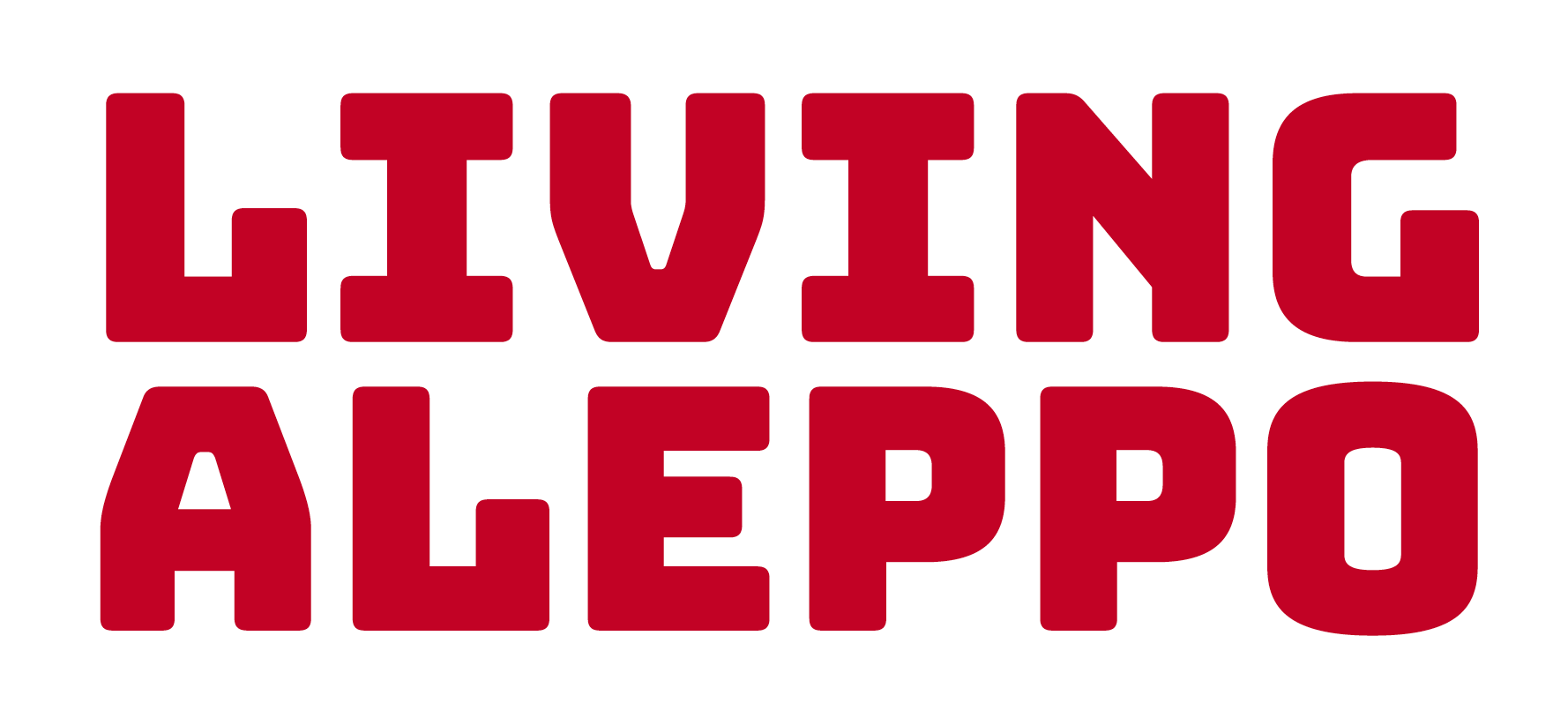Ahmad (24)
"Actually I'm an actor and musician. But my parents thought: if you get good marks at school you should study medicine or architecture. Partly because my father was an interior architect I chose the latter. I’ve been able to study for two years at a private university just outside of the city – even during the revolution. But when it turned into war, this was no longer possible.
Initially the revolution in Syria started with protests against Assad’s policy. This changed into the demand for his departure when he started using excessive violence against the protesters. Despite the fact that it became more and more dangerous, the protests increased. My parents shared my opinion on Assad, but found it too dangerous for me to participate in the protests. When I went to protest for the first time I left a farewell letter for my mother. The text illustrates how determined we were: ‘Sorry mama, for dying during the protests, but I love Syria’.
The university was a stronghold of protest, for this is where the higher educated dissidents met. With my own eyes, I’ve seen bombs being dropped on the university building from the airplane. ‘End of university, end of protest’, Assad must have thought.
When the FSA (Free Syrian Army) took half the city in late 2012, the situation really turned serious for the people – even in formerly safe Aleppo. From that moment onwards there was a shortage of everything: water, electricity, food, work, medication and money.
A heavy emotional and financial blow for the people was the destruction of the great Al-Madina Souq. This historic market generates no less than 50 per cent of the entire city’s income.
By then, I had found a safer way to commit myself to change in the city. After ending up in prison twice continuing was no longer an option. I went to work with the Syrian Society for Social Development. Between the noise of the bombs I created theatre and music with the refugees we hosted from the surrounding areas.
In the three years that I did this work, the continued violence became the new standard. If the lulls between the bombs were longer than usual, they were more frightening than the blasts of impact. On the advice of children’s psychologists we cheered and applauded when a bomb struck. That way, we protected the very smallest from trauma.
So many children that have been affected by war. As soon as it is safe I want to go back. I want to help and rebuild, re-think and re-educate.
I want nothing to do with violence, let alone fight for the Syrian government. In Syria you are subject to military service, but you can buy a number of years’ suspension of service. A solution for students. In 2015 I had reached my max. I had to become a soldier or flee.
On 15 August 2015 I said goodbye to the city. Like so many I wanted to go to Greece by rubber boat with the aid of a trafficker, and continue from there. This went wrong. Our boat broke down. For four hours we drifted aimlessly at sea, between Greek and Turkish waters. I thought I was going to die. When we saw a light on the horizon, all those on board were standing, waving our displays in the air to attract attention. There were 25, they saw us. We ended up in Turkey.
Only after weeks of fruitless efforts to be allowed to stay in Turkey, a second try by boat became an option. This time it was successful. I told my mother that the crossing was a piece of cake. She’s still in Aleppo and would have been worried sick if I had been honest.
In October 2015 I arrived at the asylum seekers’ centre in Ter Apel. Since then, I have felt a whole lot better. My future is considerably more secure than when I had just arrived. I made friends whom I now consider family. After many relocations I now have my own studio in Utrecht. I go to school and I play in two theatre companies, touring the entire country. A short while ago I even participated in a short film that will be shown in film festivals this year. Not bad for a failed architect."
